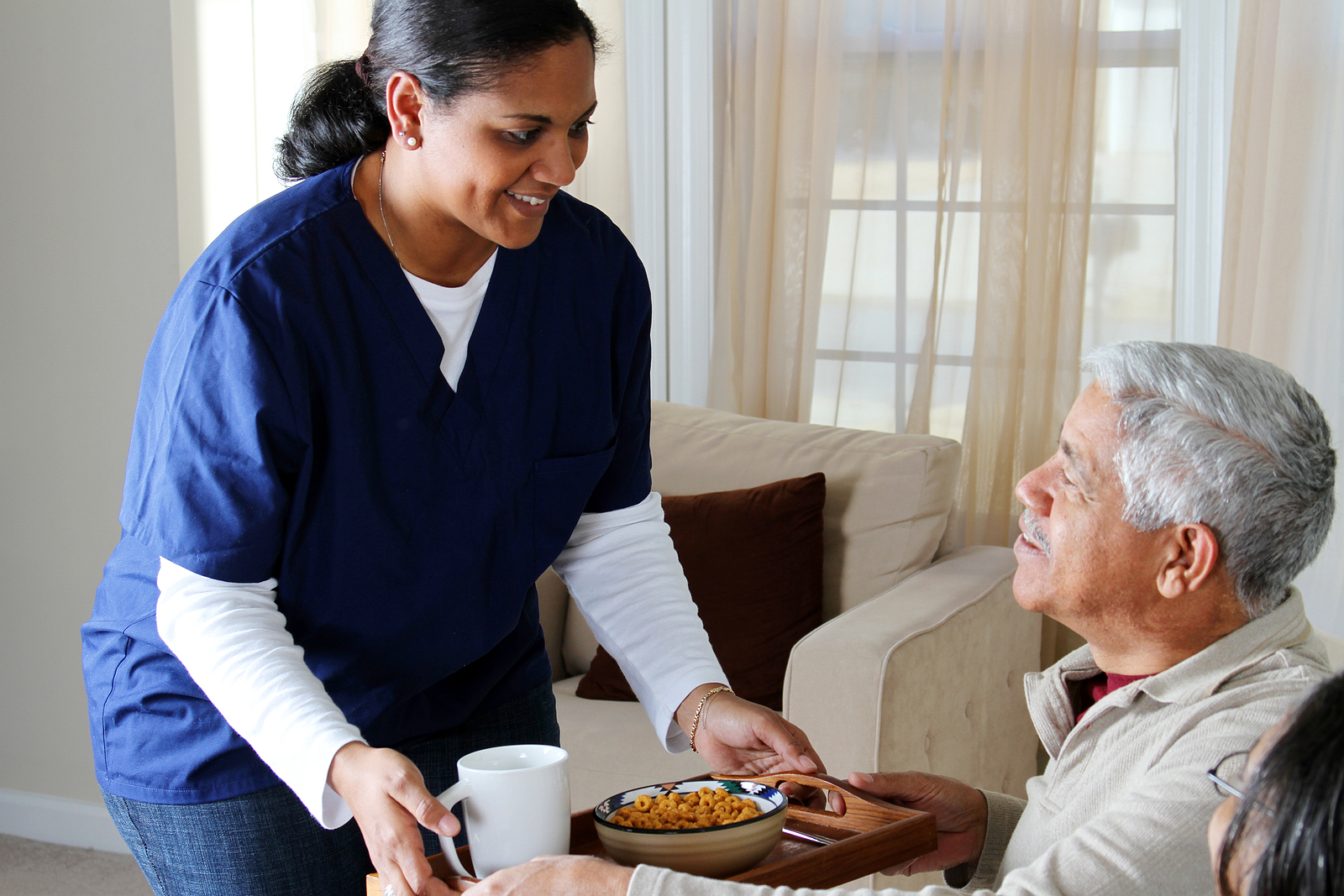Four Ways Home Care Assistance Helps Seniors Avoid Falls

Falls are a significant concern for seniors, but with the right strategies and precautions, they can be prevented. Falls can lead to injuries that affect overall well-being and independence. By implementing fall prevention measures, seniors can enjoy a safe and balanced life. Home care assistance can help aging adults spot the gaps in their fall prevention plans.
Exercise for Strength and Balance
Regular exercise is crucial for seniors to maintain strength, flexibility, and balance. Engaging in exercises that focus on leg strength, such as walking, swimming, or tai chi, can improve stability. Balance exercises like standing on one leg or using a balance board can also enhance stability and reduce the risk of falls. It is important to consult with a healthcare professional or a physical therapist to determine the most suitable exercises based on individual needs and abilities. It helps a lot for aging adults to have home care assistance available to remind them to exercise and simply to be there for safety reasons.
Home Modifications for Safety
Creating a safe environment at home is essential for fall prevention. Remove tripping hazards such as carpet that is loose or excessive clutter. Install handrails in the bathroom, particularly near the toilet and shower area. Improve lighting throughout the house, ensuring that any areas that are normally rather dark, like staircases and hallways, are well-lit. Use non-slip mats in the bathroom and kitchen. Consider using handrails on both sides of staircases for added stability. If necessary, arrange furniture to create clear pathways for walking. Additionally, ensure that frequently used items are within reach to prevent unnecessary stretching or reaching. Elder care providers are able to help seniors to stay on top of all of these different issues on a regular basis.
Footwear Considerations
Proper footwear is another crucial factor for helping seniors to maintain balance and stability. Choose shoes that provide good support and have non-slip soles. Avoid shoes with high heels or slippery soles. Opt for shoes with a wide toe box that allows toes to move freely. Velcro or slip-on shoes may be easier for seniors to put on and take off than shoes with laces. Regularly check the condition of shoes and replace them if they become worn out. Consider consulting with a podiatrist to ensure proper footwear selection based on foot structure and specific needs. Remember also that shoe size does change over time, so seniors may not be wearing the right size shoe if they haven’t checked the size recently.
Regular Vision and Hearing Check-ups
Impaired vision and hearing can increase the risk of falls for aging adults. Regular eye exams can detect vision changes and ensure that corrective lenses, if needed, are up to date. Make sure that eyeglasses are clean and free from scratches. Hearing loss can also affect balance, so it’s important to have regular hearing check-ups and address any hearing concerns. Consult with an optometrist and audiologist for appropriate evaluations and recommendations.
Preventing falls for seniors is crucial for maintaining a safe and balanced life. By incorporating exercise programs that improve strength and balance, making home modifications to reduce hazards, wearing proper footwear, and regularly attending vision and hearing check-ups, seniors can significantly reduce their risk of falls and enjoy a higher quality of life. Home care assistance helps aging adults to stay on top of these and other issues that might contribute to fall risk.
Subscribe
Date: June 19, 2023


